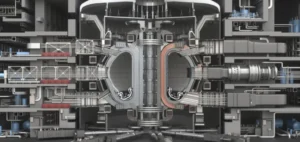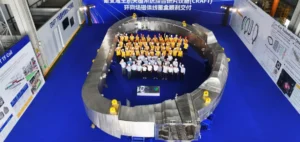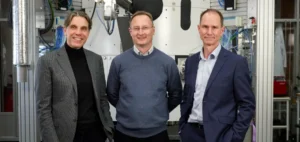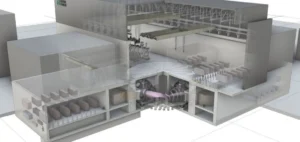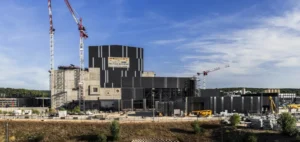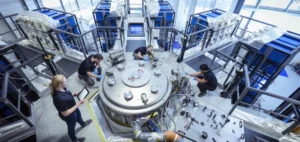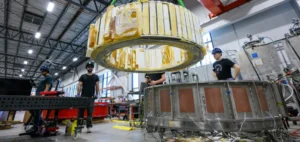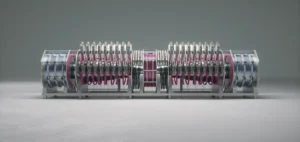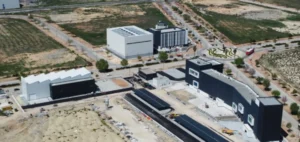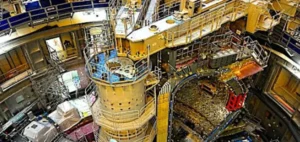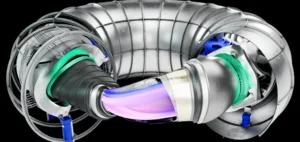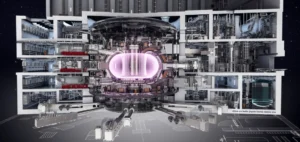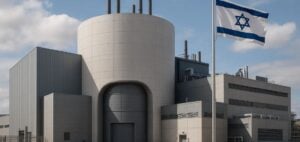The UK government has unveiled plans to create a dedicated legislative framework for nuclear fusion, aiming to eliminate administrative barriers and accelerate the construction of projects in this sector. This initiative positions the UK as the first country to adopt specific planning rules for nuclear fusion.
Nuclear fusion now part of major infrastructure projects
Currently, fusion projects must submit applications to local authorities without specific approval timelines and without guidance on suitable sites, potentially slowing the development of facilities. The new rules now integrate fusion into the Nationally Significant Infrastructure Projects (NSIP) regime. This system speeds up the planning process for clean energy projects, including solar, onshore wind, and nuclear fission.
Clear guidelines for developers
The government plans to publish a National Policy Statement (NPS), providing better visibility for developers. This document will specify potential sites for projects and establish a more structured timeline for their approval. According to the authorities, this framework will help remove administrative barriers, offering greater certainty to investors and reducing the time required to start projects. The reform is expected to expedite the implementation of fusion projects by ensuring a clearer and faster planning process.
Massive investment to support nuclear fusion
The government also confirmed an investment of over GBP2.5bn ($3.4bn) in fusion research and development. This amount is part of a broader commitment to support the creation of a nuclear fusion pilot site, the STEP (Spherical Tokamak for Energy Production) programme, which is set to begin construction at West Burton, Nottinghamshire, with a target commissioning date of 2040.
Tim Bestwick, CEO of the UK Atomic Energy Authority, stated that the inclusion of nuclear fusion in the NSIP regime is a clear indication of the government’s support for this technology. This backing, combined with the new planning rules, will strengthen the UK’s position as a leader in fusion research and commercialisation.



